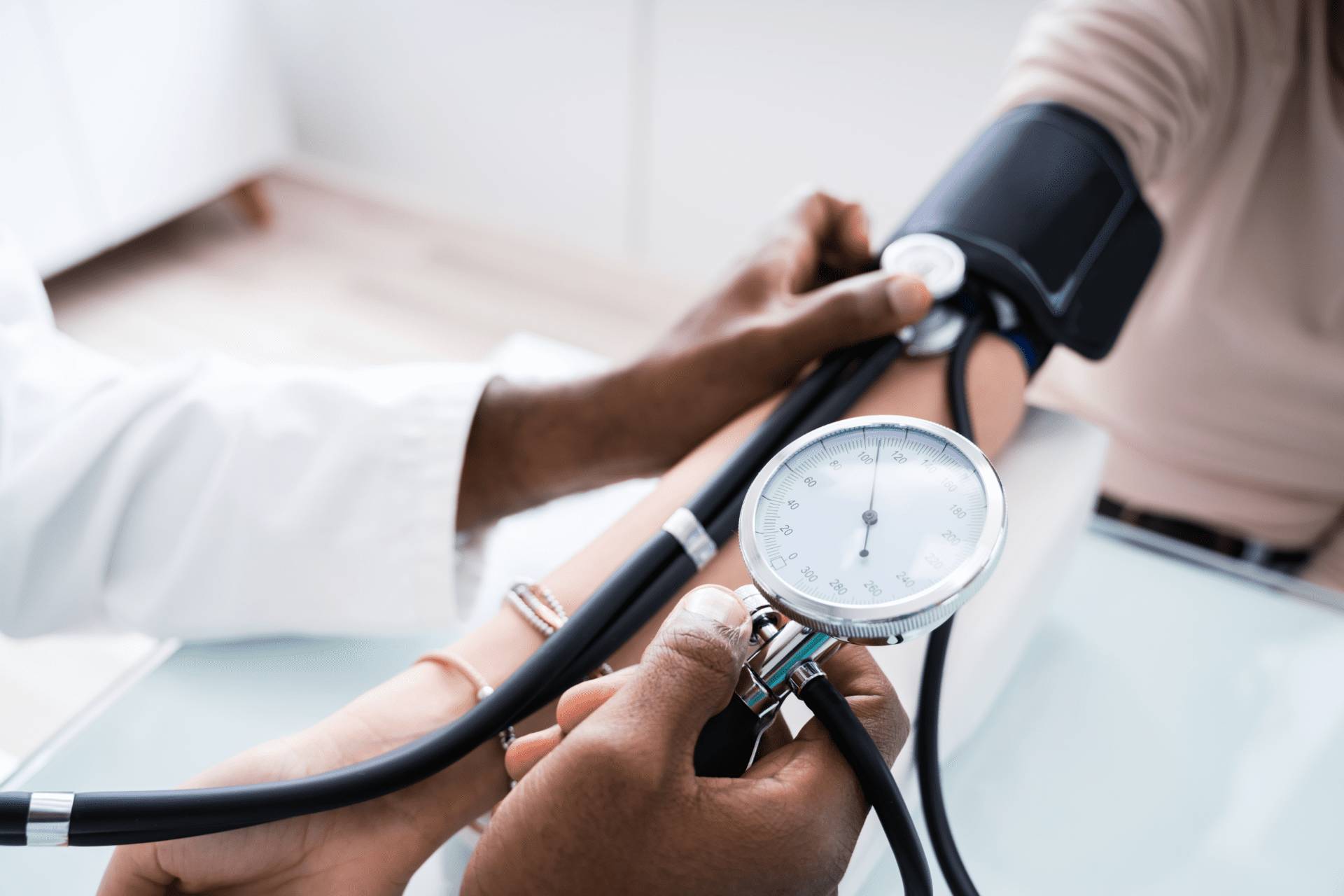If you have high blood pressure and feel tired, you're not alone. Experts explain the link between blood pressure and fatigue.
The link between high blood pressure and fatigue
Do you have a lingering, overall feeling of being tired and it just doesn’t go away? If you have high blood pressure, you may find yourself feeling more fatigued than normal.
While high blood pressure doesn’t always cause symptoms, there are many potential ways that it can lead to fatigue, including medication side effects and increased workload on your heart, explains Guy L. Mintz, MD, director of cardiovascular health & lipidology, Northwell Health’s Sandra Atlas Bass Heart Hospital, Manhasset, New York. (Here are the medical reasons you’re tired all the time.)
Systolic blood pressure is the upper number in a blood pressure measurement. It refers to how much pressure your blood is exerting against your artery walls when your heart beats. The lower number, diastolic pressure, refers to how much pressure your blood is exerting against your artery walls when your heart is resting. A blood pressure of less than 120/80 mm Hg is considered normal.
“Blood pressure is the resistance that the heart pumps against,†says Dr. Mintz. “If a patient has persistent elevation of blood pressure, fatigue can occur.â€
High blood pressure forces your heart to work harder, and like any muscle, your heart grows bigger with more work. The bigger your heart, the more it demands blood, but the less able it is to maintain blood flow.
This is how high blood pressure leads to heart failure that can leave you feeling tired and unable to exercise. Heart failure is a chronic condition in which the heart becomes enlarged and pumps blood inefficiently, and that can lead to fluid accumulation in your limbs and lungs.
Here’s what you need to know about whether high blood pressure makes you tired, as well as expert tips on how to combat fatigue and keep healthy blood pressure.




No comments yet
Be the first to share your thoughts!